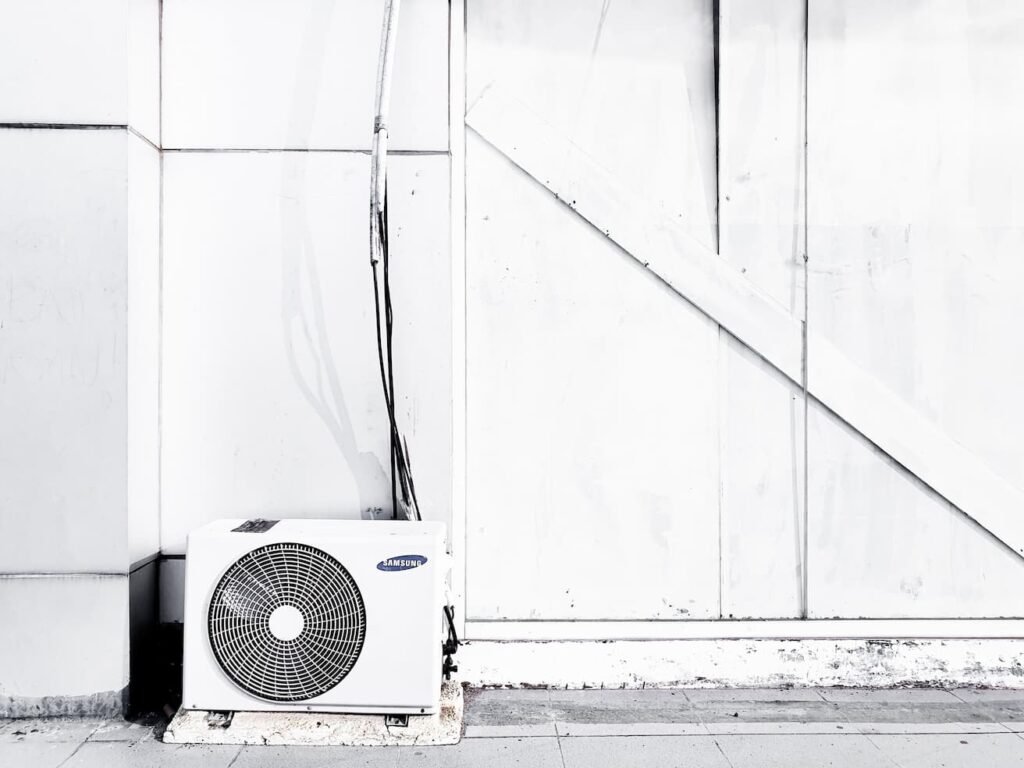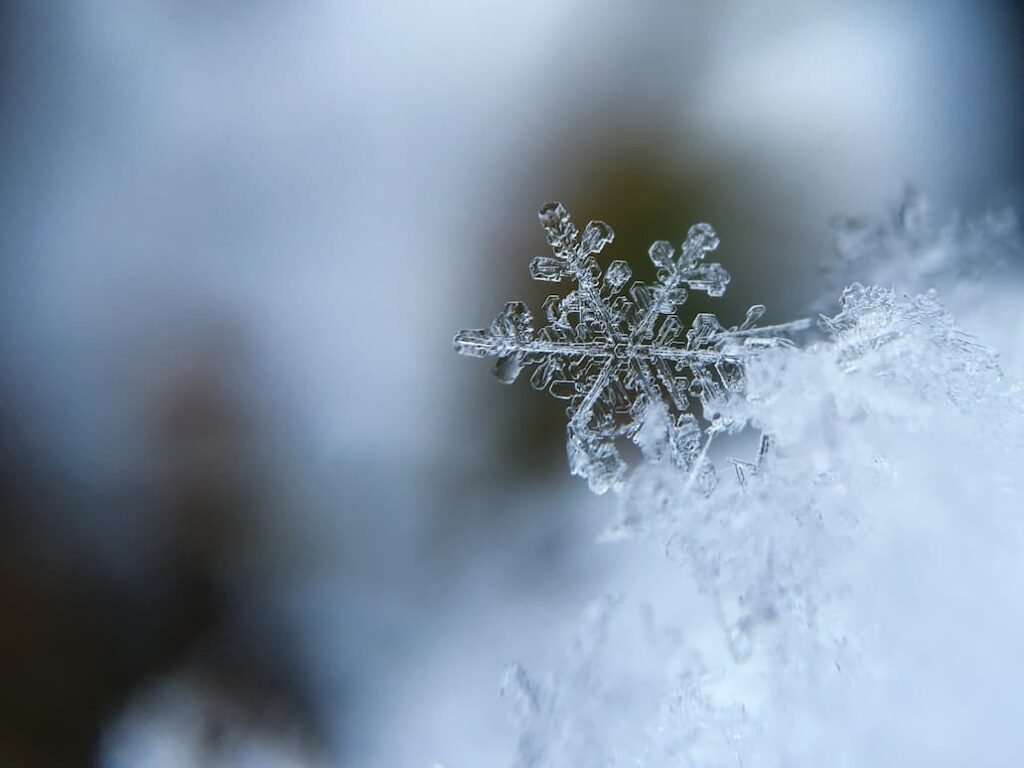Introduction
Did you know that extension cords are one of the leading causes of home electrical fires? According to the National Fire Protection Association, extension cords are responsible for more than 3,300 home structure fires every year.
While extension cords can be a convenient way to bring power to hard-to-reach places, they need to be used carefully to avoid electrical hazards. In this blog post, we’ll share some extension cord safety tips to help keep you and your home safe.
Body
1. Inspect extension cords before each use.
Before using an extension cord, take a close look at it to make sure it’s in good condition. Check for any signs of damage, such as frayed wires, exposed wires, or cracked insulation. If you see any damage, do not use the cord – throw it away and get a new one.
2. Do not overload extension cords.
Extension cords are not meant to be used for high-wattage appliances. Check the cord’s rating to see how much power it can handle, and do not exceed that. Overloading an extension cord can cause it to overheat and start a fire.
3. Do not use extension cords in wet or damp areas.
Water and electricity don’t mix! If an extension cord is exposed to water, it can create a shock hazard. Do not use extension cords in areas where they could get wet, such as in the rain, near a swimming pool, or in a basement that floods.
4. Do not run extension cords under carpets or rugs.
running an extension cord under a carpet or rug can damage the cord’s insulation, which can create a shock hazard. If you must run a cord under a carpet or rug, make sure it is high enough off the ground that it won’t get damaged.
5. Do not use extension cords with portable generators.
Extension cords are not meant to be used with portable generators. The generator’s output can damage the cord, and the cord can create a shock hazard. If you need to use an extension cord with a generator, make sure it is rated for generator use.
6. When not in use, store extension cords safely.
When you’re not using an extension cord, make sure to store it safely out of the reach of children. Extension cords should also be stored in a dry place to prevent damage from moisture.
7. Dispose of damaged extension cords properly.
If an extension cord is damaged, do not try to repair it. Throw it away and get a new one. Damaged extension cords can be a shock hazard.
Summary
Extension cords can be a convenient way to bring power to hard-to-reach places, but they need to be used carefully to avoid electrical hazards. In this blog post, we’ve shared 7 extension cord safety tips to help keep you and your home safe.


